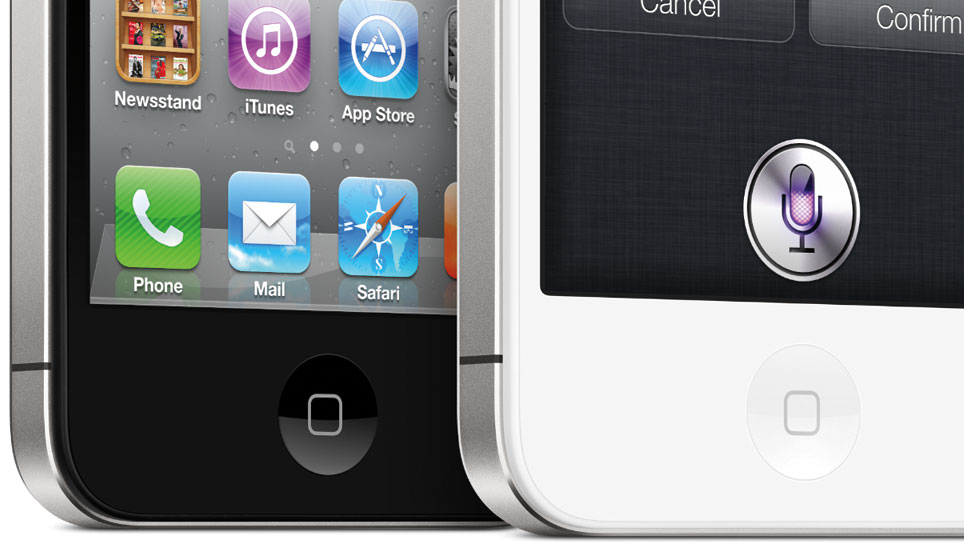iPhone now on sale at 5 regional carriers in US
5 small regional carriers get the iconic smart phone

Sign up for breaking news, reviews, opinion, top tech deals, and more.
You are now subscribed
Your newsletter sign-up was successful
While AT&T, Verizon Wireless and Sprint duke it out over who's got the most coverage nationwide, Apple is sealing up some cracks in its iPhone domination strategy by offering the iconic handset with five new regional carriers.
Most Americans living in urban or suburban settings are used to choosing between four major carriers: AT&T, Verizon Wireless, Sprint and T-Mobile.
While Apple unleashed the iPhone at three of the four - with only T-Mobile left to go - there are plenty of areas where the big carriers may not be the best choice.
Regional carriers come with perks
Apple started selling the iPhone 4S on April 20, as well as the previous iPhone 4 at five new regional carriers most of us may have never heard of.
Alaska Communications, Appalachian Wireless, Cellcom, CGI and nTelos are all service areas of the US where the big four carriers may not be the dominant presence.
Would-be iPhone owners in those areas also have good reason to celebrate: These regional carriers will offer the latest iPhone 4S for $50 less than AT&T, Verizon or Sprint.
What's more, those little-known carriers generally offer better voice and data plans covering individuals, family plans, in-state and nationwide coverage.
Sign up for breaking news, reviews, opinion, top tech deals, and more.
Some even do prepaid, which the big guys don't yet offer for Apple's device.
Poor T-Mobile
The only bad news with this regional expansion is that fourth-place wireless carrier T-Mobile is still left playing the bridesmaid.
T-Mobile has plenty of iPhone users with jailbroken or unlocked handsets, but Apple continues to neglect the magenta network, despite T-Mobile's attempts to get their attention.
"T-Mobile thinks the iPhone is a good device and we've expressed our interest to Apple to offer it to our customers," the carrier said last October, following the release of the iPhone 4S. "Ultimately, it is Apple's decision."
Via CNET